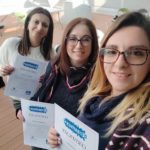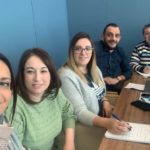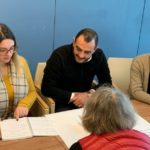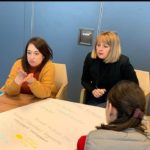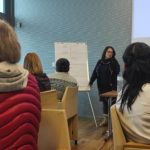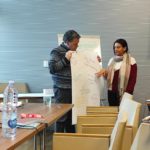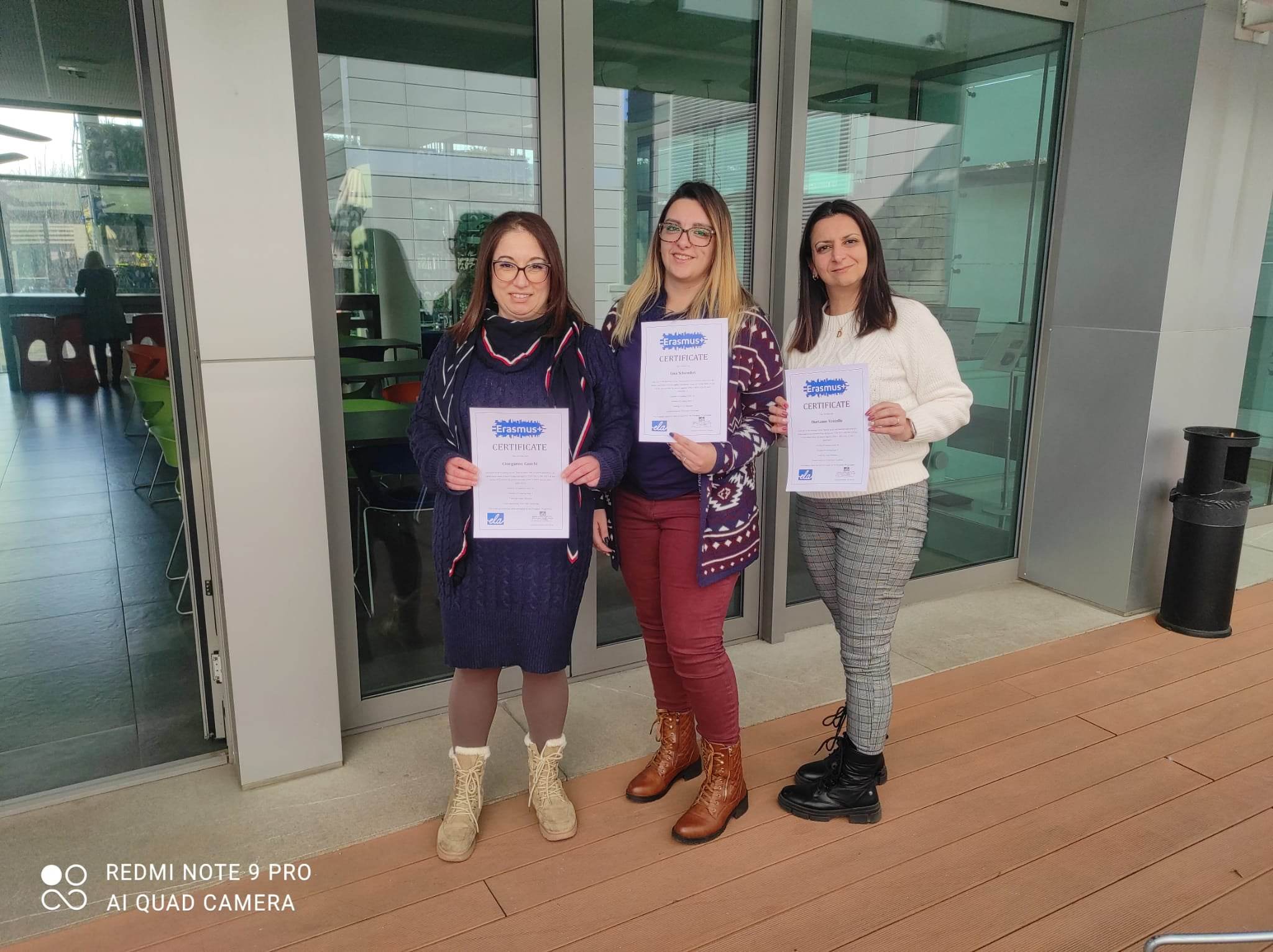
11 Apr Erasmus + Project: “Special needs and inclusive education, the Italian experience of overcoming segregation.”
In February 2023, three Learning Support Educators (LSEs) Ms. Giorganne Cauchi, Ms. Lisa Schembri and Ms. Dorianne Vassallo from the Immaculate Conception School attended an Erasmus Course in Bologna. There were also participants from Italy, Germany, Romania and Greece. The course mainly addressed inclusive education and how it can be achieved. The trainer presented and explained in detail the Italian model of inclusion. The LSEs also had the opportunity to find out how other participating countries, (including Germany, Romania and Greece) are meeting the needs of Special Educational Needs (SEN) students.
The Italian Inclusion Model
Italy abolished special schools in 1977 and is the only country in Europe that has 99.97% of SEN students attending mainstream schools. The remaining 0.03% attend rehabilitation centres since they cannot attend regular schools due to their medical condition. While in Italy there are no special schools, they have specialised schools. Specialised schools have all resources needed to meet the specific needs of certain SEN students. Additionally, mainstream students also attend specialised schools. For example, a specialised school for blind students will have all resources needed to meet their needs, such as books in braille, but they learn in the same classroom along mainstream students. In the Italian education system, support teachers are qualified teachers and take part in planning, assessment, and all other activities. Support teachers can choose to either work as class teachers or support teachers. This approach encourages co-teaching, and several co-teaching methods were presented to the participants. Moreover, certain SEN students may also be supported by Educators, who are not qualified teachers, and cater for certain social and healthcare needs of the students with disabilities. The educators specialise in specific disorders such as autism and ADHD and may also do activities outside the classrooms. In the Italian system, healthcare specialists and SEN reference (a teacher responsible to coordinate, supervise and evaluate inclusive actions) are also involved. Within this system there are three inclusion working groups. The Inclusive Working Group, which among other roles, this group evaluates the inclusiveness level of the school and proposes the Annual Plan for Inclusivity. The Multidisciplinary Operating Group is made up of teacher/s, support teacher/s, parents or guardians and other professionals working with the student. This group holds at least three meetings a year and discusses the student’s educational plan, aims, ideas and proposals. The Inclusion Territorial Group, which is chaired by a headmaster, consists of three headmasters and two teachers who are nominated by the Regional Education office. This group is responsible to quantify resources and teachers to be assigned to each school.
Activities and learning opportunities
We discussed the benefits and difficulties one encounters when creating an inclusive classroom, how one can implement better inclusive teaching methods, the importance of differentiated instructions, the learning stations approach and how to promote inclusive schools. An online session was organised with an Italian primary support teacher. The participants had the opportunity not only to listen to a support teacher relate his experiences, but also to put questions to him. We also visited ‘Instituto Tecnico Commerciale’ in Bologna and had the opportunity to see the classrooms, school facilities and to speak with support teachers working there. This course was very interactive and participants from various countries were teamed up and took part in several workshops. Lastly the Maltese LSEs also discussed the possibility of job shadowing experience with a secondary school in Germany.


